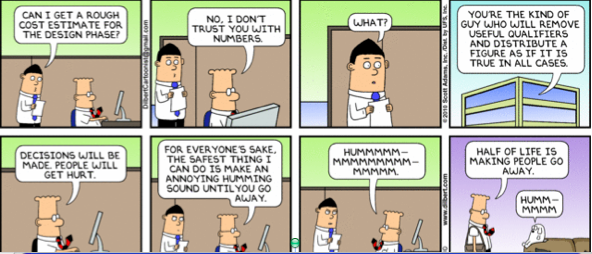Transformational development and the politics of evidence?
Recently we blogged about how the ideologies that shape aid projects and methods used to assess results overstate the importance of aid. They can also undermine locally owned transformational development. In this blog I expand on some ideas about the links to the politics of evidence.
Politics increasingly demand aid practitioners collect and present ‘evidence’ that is easy to quantify, sovaldi aggregate and use for comparisons to justify policy choices and funding decisions. There is no doubt such efforts can create useful opportunities to make more explicit biases that inform our judgments. However, see I know many of you are frustrated about having to produce accounts of aid projects using narrow and sometimes meaningless metrics that suggest more confidence and certainty about results and evidence than you feel. Some are also concerned such approaches reinforce transactional approaches to development.
As we battle to attribute isolated impacts to ‘our investments’ we are likely to resort to transactional activities with measurable results. This has several effects. Constant demands to produce data in the form of gender disaggregated numbers of people attending events, cheap or ‘reached’ (whatever that really means!) can imply successful development is about our ability to facilitate efficient transactions. Several reviews I’ve been involved in recently suggest such data does little to encourage reflections on shifts in power relations and can encourage staff to favour service delivery over advocacy initiatives. Perhaps the biggest influence development agencies are now having on people in poor countries is not the effects of aid projects but the influence of business thinking and managerial efficiency on how we and those we work with construct the world?
Results based management tools like the logical framework not only discipline us to think about the changes we are trying to bring about in certain ways, they also create perverse leaning incentives with associated opportunity costs. Time devoted to ‘regressive learning’ about how to comply with demands for quantitative data diverts energy from critical reflection and transformational learning about whether interventions are leading to sustainable shifts in power relations. At a recent meeting of aid workers in the UK discussing approaches to measure results, I was struck how exhausted everyone seemed by efforts to learn about how to measure and demonstrate ‘effectiveness’. They also appeared concerned that demands for evidence were affecting the quality of relationships with country programmes as well as partners. UK offices of international NGOs that used to be perceived as reasonable are beginning to be seen as particularly demanding.
What needs to change?
The need for accountability to taxpayers is increasingly used to justify narrow evaluation questions about results and certain approaches to evidence that overplay the significance of aid in social change. If we want to transform rather than reinforce power relations we need to a) downplay the significance of aid and b) take note of finding frames research that recommends we find more effective ways to persuade tax payers of the need for transformational development. “Mass global social injustice is a by-product of our social, political and economic norms… it is systemic in nature and the solutions will necessarily be systemic as well”.
The politics of evidence conference plans to explore tactics and strategies for making the questions, units of analysis and methods used to evaluate our work better able to communicate the complexity of transformational development. How, when and with whom can we create spaces for evaluation approaches that can shift power relations, encouraging local ownership and mutual responsibility rather than charity and upward accountability? I know lots of you are working on identifying such spaces. Does anyone have any stories or useful links to share?
Comments are closed.

Well said. It is very difficult to simplify and ratchet down highly developed ‘professional’ systems of evaluation and accountability – no matter how extractive, onerous, and inefficient they are for helping us (communities and aid organizations) discover better ways of working together to achieve desired outcomes. Although I don’t do much in terms of providing answers, two of my own blog posts rant against both planning and evaluation approaches that undermine locally owned transformational development “The Myth of the Plan” and “The Evaluation Charade” You can find them at http://www.stayingfortea.com. In terms of decent resources that I’ve found: Patton’s “Developmental Evaluation” and Chambers’ “Ideas for Development” are helpful.
Agreed Aaron. Question remains, whose frame(work)? Resources need go to measurable and achievable changes. Again, who measures/ evaluates what? More questions.